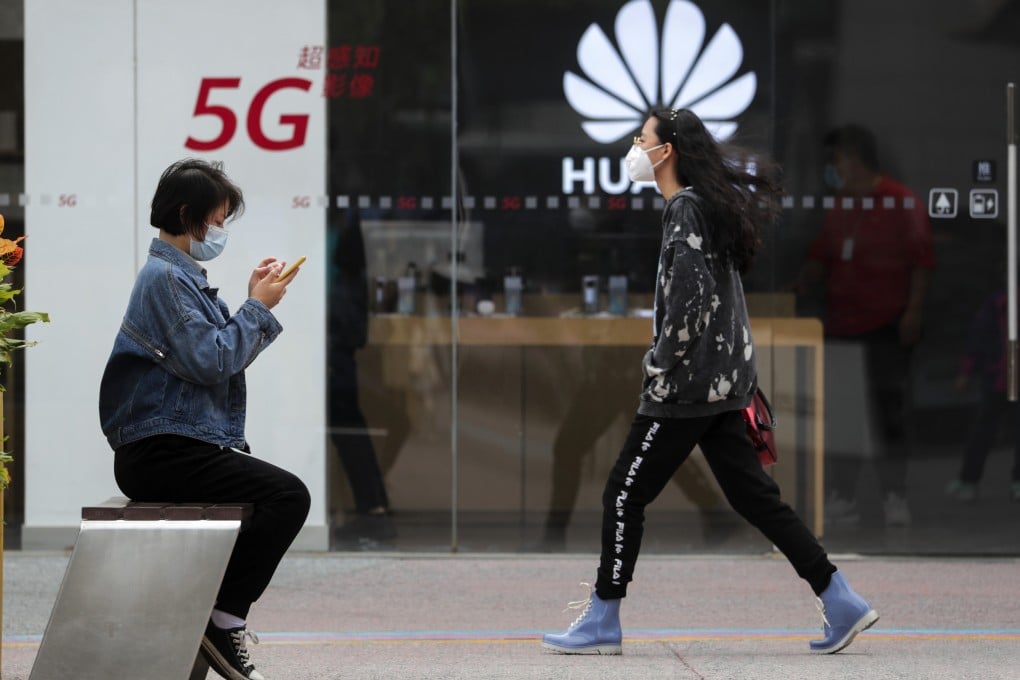Advertisement
US national security adviser urges Brazil not to use Huawei equipment in its 5G network
- Jake Sullivan conveyed the warning to Brazilian President Jair Bolsonaro during a trip last week, a White House official confirms
- Sullivan also told Bolsonaro that US supports Brazil’s bid to become a Nato partner, but is said not to have tied that support to avoiding Huawei
Reading Time:2 minutes
Why you can trust SCMP
20

US National Security Adviser Jake Sullivan has urged Brazil not to use Huawei Technologies equipment in developing its 5G telecommunications network, a White House official confirmed on Monday.
During his trip to Brazil last week, Sullivan expressed concerns to Brazilian President Jair Bolsonaro about Huawei’s potential role in Brazil infrastructure, Juan Gonzalez, senior director for the western hemisphere at the National Security Council, said at a briefing.

Advertisement
The warning continues a US campaign initiated two years ago by then-US president Donald Trump to persuade allied countries to exclude Huawei from their 5G wireless networks, contending that Beijing could use the Chinese-made telecoms for espionage.
Gonzalez said that Sullivan also conveyed US President Joe Biden’s interest to “support Brazil‘s aspirations of becoming a Nato global partner as a way to deepen security cooperation over time between Brazil and the Nato countries”.
Advertisement
Gonzalez said that US support for Brazil for the Nato bid was not “an exchange” to bar Huawei from the country’s 5G network. There is “no quid pro quo”, he said, “there are two separate issues”.
Advertisement
Select Voice
Select Speed
1.00x